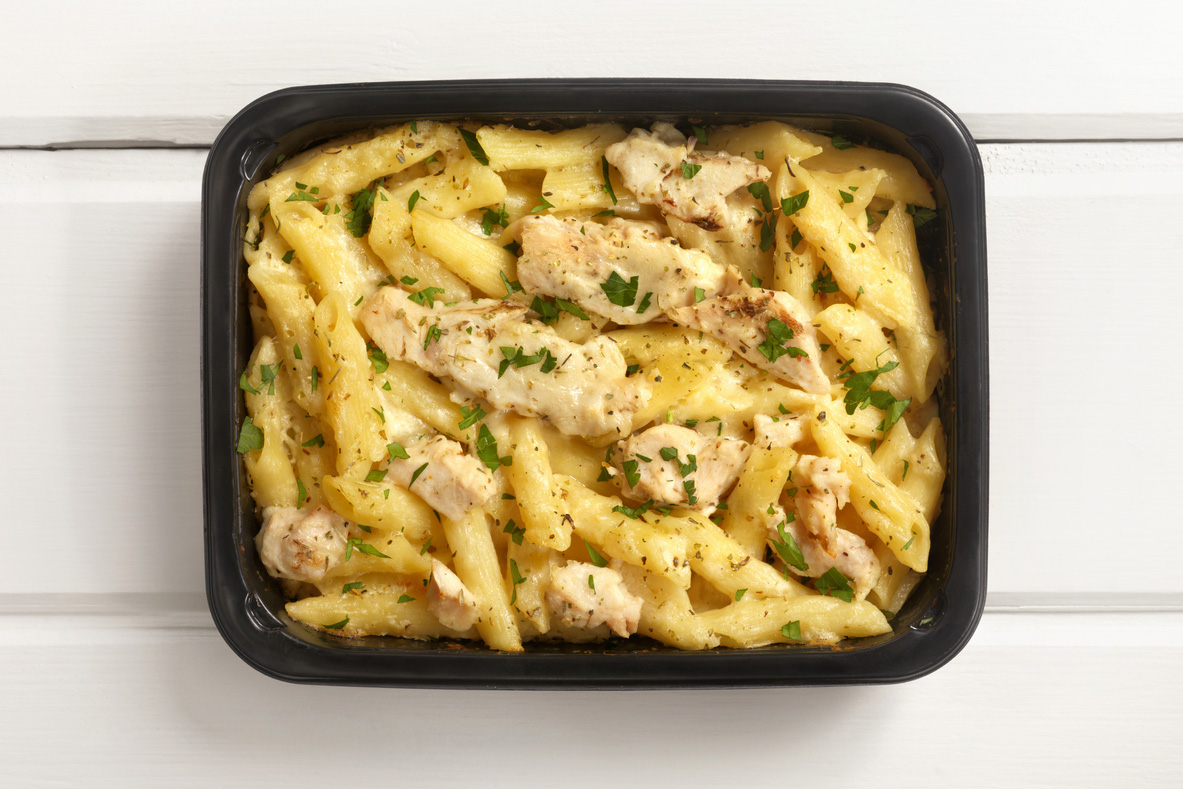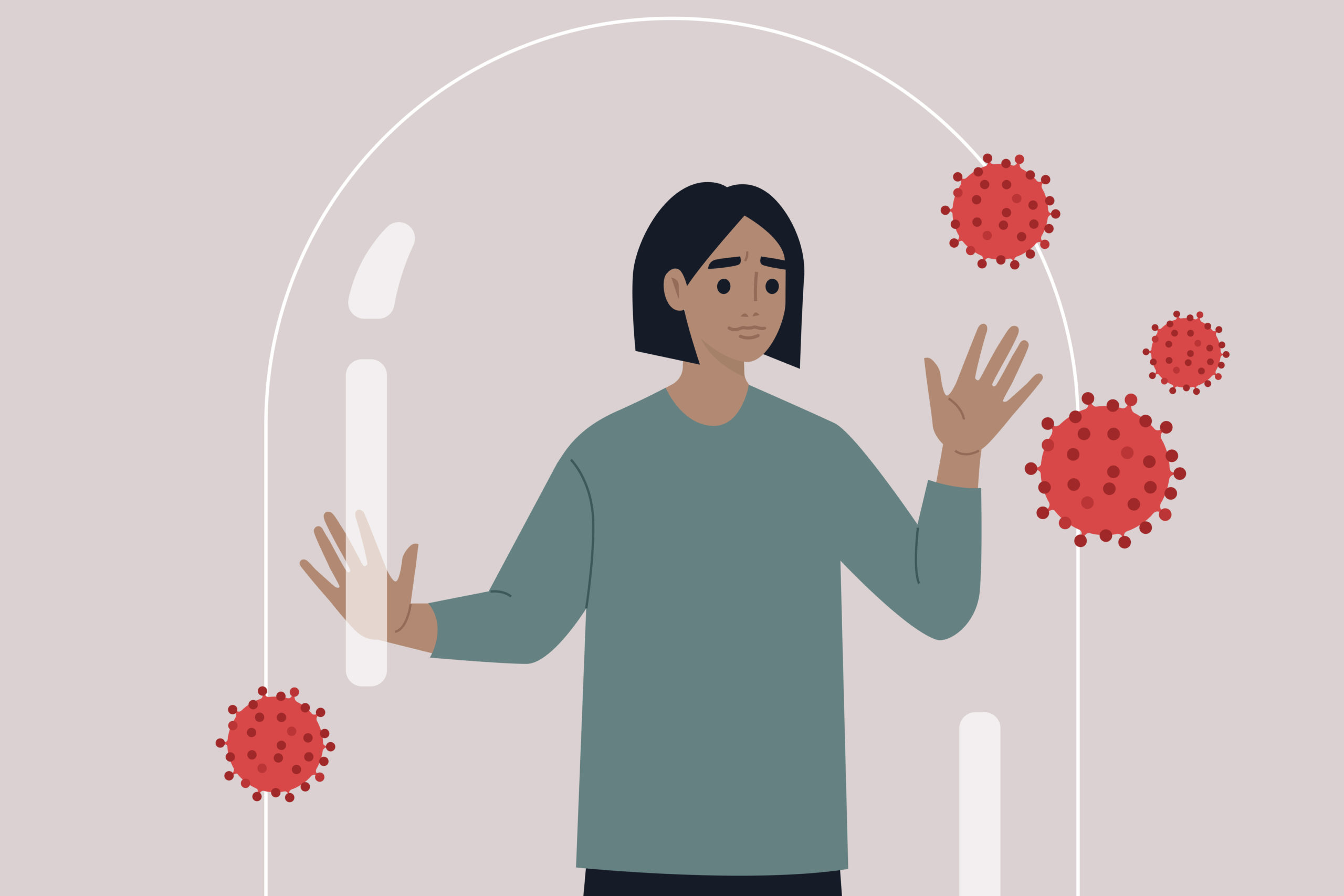We have spent years being told that salt and sugar was the evil ingredient in pre-packaged food making us unhealthy. However, a new study has taken a look at the role of ultra-processed food in weight gain and found a strong connection.
The study took place in a controlled setting. Half the participants ate a diet made up of ultra-processed food, and the others ate a diet of whole or minimally processed foods. Both participants’ meals contained the same amount of calories, fats, protein, salt, sugar, carbohydrates and fibre. After two weeks, it was found that the participants on the ultra-processed food diet ate 508 calories more a day. On average they gained 2 pounds over 2 weeks whereas the whole food diet ended up losing 2 pounds on average. They were allowed to eat as much or as little as they wanted, but those with the ultra-processed meals ended up eating a lot more, even though they didn’t rate those meals as being tastier than the unprocessed meals.
What Food is Ultra-Processed?
We often think of ultra-processed food as things like chips, sweets, and ready-to-eat meals. However, its more than just that and includes breakfast cereals, packaged white bread, jarred sauces, yoghurt with added fruit, frozen sausages and reconstituted meat.
A lot of these foods contain a long list of ingredients and are made in labs. They use cheap industrial ingredients and are made to be really tasty as well as being convenient and low cost.
Why Do You Eat More When Eating Ultra-Processed Food?
The study, although able to find a definitive link, wasn’t designed to find out exactly why ultra-processed food leads to weight gain. However, they did find that people eating the unprocessed duet had higher levels of the appetite-suppressing hormone PYY and is secreted by the gut. The other group, however, had higher levels of the hunger hormone.
Another finding was that people on the ultra-processed diet ate faster – in terms of both grams and calories per minute. This may be because ultra-processed foods tend to be softer and easier to chew, so they were eaten more quickly. Eating quickly doesn’t give the gastrointestinal tracts time to signal the brain when it’s full. This leads to overeating because we think we are still hungry.
Cutting Out Ultra Processed Food and Eating Healthy
There are so many different types of diets you can undertake, from it’s vegan, low carb, or low fat. All of them have one thing in common – healthy eating cuts out ultra-processed food. Cutting it out may be part of the reason that all these diets see success rates. Ultimately we must try as much as possible to eat plant food and unprocessed meat and vegetables. Prepare food from scratch as much as possible rather than reaching for a jar of sauce! It’s easy to fall for convenience due to lack of time. However, with the benefits of healthier eating, it’s hard to deny it’s worth putting in the effort.





